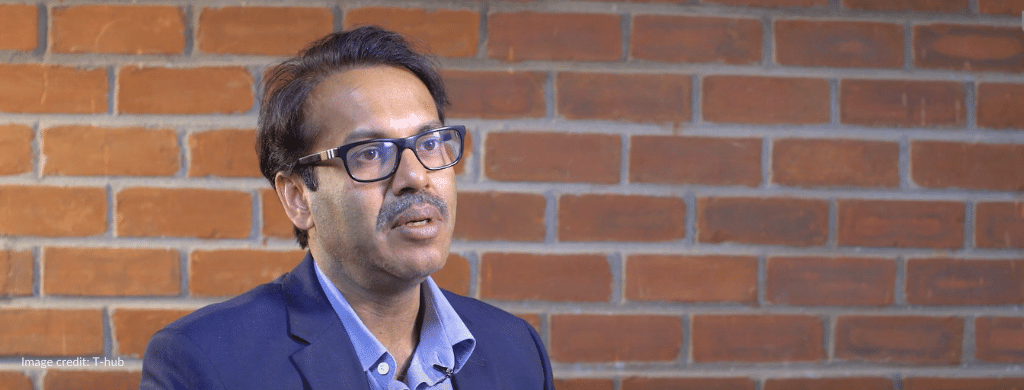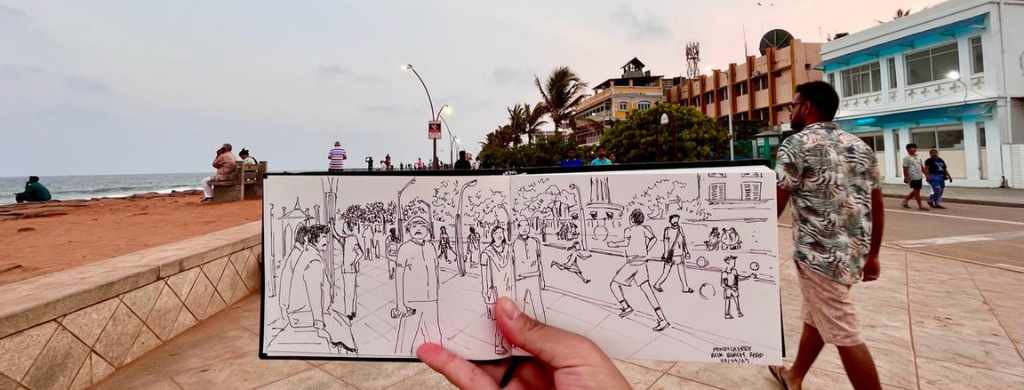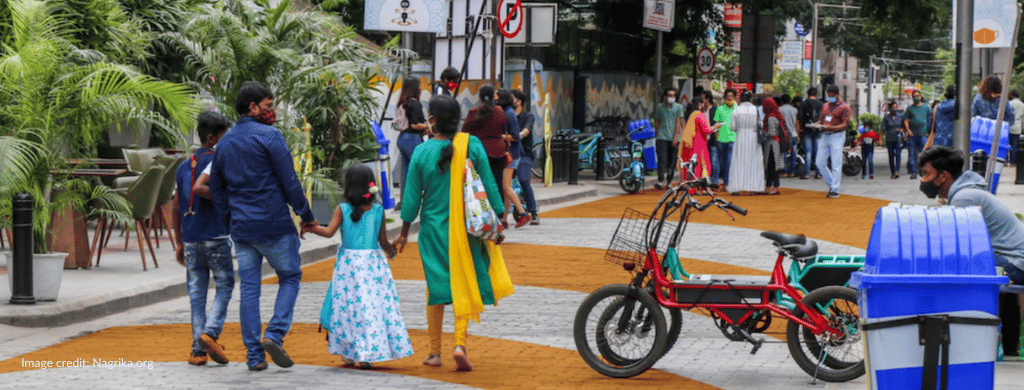This excerpt is from an interview by the Founder of UrbanWorks, Shreya Gadepalli with IAS Kunal Kumar. Kunal Kumar is Joint Secretary at the Ministry of Housing & Urban Affairs and the Mission Director of the Smart Cities Mission. This interview was a part of MOBILIZE Virtual 2020: Building Collective Action for the Next Decade.
SG: Pune consistently allocated over half its transport budget towards sustainable mobility initiatives. So, what are the different factors that have contributed to Pune’s success? What factors contribute to Pune’s growth, making it a pioneer in sustainable transport initiatives, especially with solid policies?
KK: I think some cities have a DNA that makes them democratic. Pune is one of those cities. Citizen participation in the running and functioning of the city government has a long history in Pune. When I came in 2014, that was a point where a lot of initiatives had already been taken up, so it’s definitely not to say that everything happened in that specific period that we were talking about, but I just picked up the threads from where they were and essentially what I saw was that there was a phenomenal group of people who had the right ideas and when I say right ideas it’s because they were well studied, they had good data and best practices across the world. We could visualise how Pune could make use of it.
But the coalition had to become a bit bigger.
SG: How can one start building a coalition?
KK: Step 1: You start to share this idea with people and the city’s political bosses because they represent the entire city, and then once you convince them, you grow your coalition.
Step 2: You go out to civil society groups and talk to academic institutions. These people matter in society, and you build a larger coalition around the shared vision you’re trying to promote.
Step 3: Pune believes in inter-generational equity and inclusive development. Within this, you start to look at tactical initiatives. Once you build a big vision, people begin to get restless unless you show some action. So you then have to start with something.
SG: Can you share an example of such a tactical initiative?
For example, we started with one road in an area called “Aundh”. We dabbled with something else in the Jangli Maharaj Road, and then we saw that the moment was building both ways in the sense there was a lot of criticism coming in from some quarters as to why the road width is getting reduced and why is essentially the footpath getting improved thereby even some people within the government would come and say that this would lead to even more traffic snarls. So that was one side of the story.
The other side of the story was that pedestrians and cyclists were happy because they found more space on the road. You could find a lot of fun activities happening on the road. You could find people working on their laptops and friendships happening on the side of the road, which was unique. So this always happens when you have a group of people that will enjoy it and a group of people will think differently.

SG: How do you bring an initiative to fruition?
KK: Over time, the coalition builds, and you are sometimes or only an anchor. You’re not leading it; you’re anchoring it. You’re seeing the different sides of it, taking leads from there and making your next decision. This is where we kept building. Then we took some resources and decisions to build a sustainable transport fund within the municipal corporation. We then created the first bicycle department in a municipal corporation in India. These are resource decisions. So once you build a vision and I’ve done some tactical initiatives, you crystallise something in budgets and human resources, build a stronger moment, and do more tactical initiatives.
Test, learn and scale, as you say, but we don’t call it test, learn and scale. [When] you have made beginnings, there will be ups and downs. But overall, with a city with that kind of ethos, that’s my take on Pune; that’s the real strength that Pune has.
I think one of the statements I heard [Ar. Prasanna Desai] put, I’ll stop at that, is probably the depth of democracy is known from the width of its footpath.
Would you like to know more about creating healthy streets? Check out our blog ‘Creating Healthy Streets: A Policy Template.’



